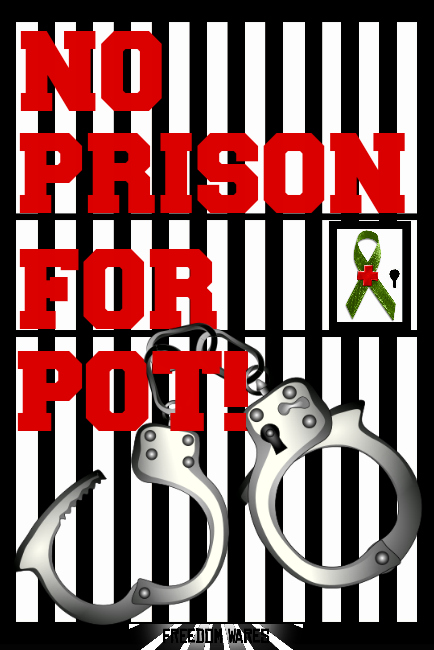Cannabis
- Roger Ladouceur, MD MSc CCMF FCMF, ASSOCIATE SCIENTIFIC EDITOR

This month, as part of its Addiction Medicine Series, Canadian Family Physician features an article entitled “Cannabis and Canadian youth. Evidence, not ideology” (page 785).1 Spithoff and Kahan write that more cannabis is consumed by youth in Canada than in any other Western country—more than in France, in the Netherlands, or even in the United States. They base this statement on a United Nations Children’s Fund (UNICEF) Report Card published in April 2013,2 which states that 28% of Canadian youth aged 11, 13, and 15 years had consumed cannabis at least once during the previous year. This finding is in line with the Canadian Alcohol and Drug Use Monitoring Survey conducted in 2011, which found that the prevalence of cannabis use among Canadian youth was 25.1%.3
According to the UNICEF Report Card, the percentage of occasional users in Canada dropped from 40% in 2001 to 28% in 2009 to 2010.2 Nevertheless, these are large percentages. And when one-quarter of teens in the country are using an illicit drug, this constitutes a widespread problem. What, if anything, can be done about this?
Spithoff and Kahan state that stricter controls are ineffectual: “One thing is clear: strict cannabis enforcement policies are not a deterrent for adolescents.”1 According to the UNICEF report, countries that adopted more lax measures against cannabis use, such as the Netherlands and Portugal, had lower rates of consumption (17% and 10%, respectively) than Canada did (28%).2
Our neighbours to the south do not share this view. In 2012, the American Society of Addiction Medicine stated that “[it] strongly supports efforts to improve state policies to reduce the use of marijuana and other illegal drugs as well as the nonmedical use of prescription drugs.”4 The American Society of Addiction Medicine’s position was based on various studies indicating that the legalization of marijuana would lead to increased consumption.5,6
It will be argued that there is a difference between decriminalizing cannabis and legalizing it. And that is true. Decriminalization means that it would not be a criminal offence to possess or use marijuana, but it would still be an offence to produce or sell it. Legalization refers to the establishment of rules governing the production, sale, and use of this substance. Is the difference all that great? Once cannabis is decriminalized, will it not become necessary to establish boundaries to regulate its use?
Whenever the discussion turns to cannabis use, things seem to get very complicated. Suddenly, opinions and beliefs are competing with facts and evidence, and lobby groups start challenging the rules and procedures. Indeed, it is difficult to find an issue more contentious than marijuana use for medical purposes. Canada already had programs that provided access to marijuana for medical purposes when Health Canada and federal policy makers enacted a regulation requiring a medical prescription for obtaining dried marijuana for medical purposes.7 This regulation was enacted in spite of the fact that marijuana is not a recognized treatment—its indications are not clear; its therapeutic doses are not well known and have not been standardized; and there are very few data on its safety. This regulation was enacted even though Health Canada had already approved and recognized other cannabinoids. As physicians, we can now prescribe marijuana for 50 or more potential indications including multiple sclerosis, osteoporosis, osteoarthritis, and fibromyalgia.8 But is there any other substance that has such a special status?
Despite the level of controversy that marijuana conjures up and despite the contradictions swirling around it, one thing is clear: it does not make sense to charge and prosecute the 1.5 million Canadian youth aged 11 to 24 years who will consume marijuana in the next year.
Yes to education. No to excessive punitive action.
Footnotes
-
Cet article se trouve aussi en français à la page 776.
-
Competing interests
None declared
- Copyright© the College of Family Physicians of Canada



